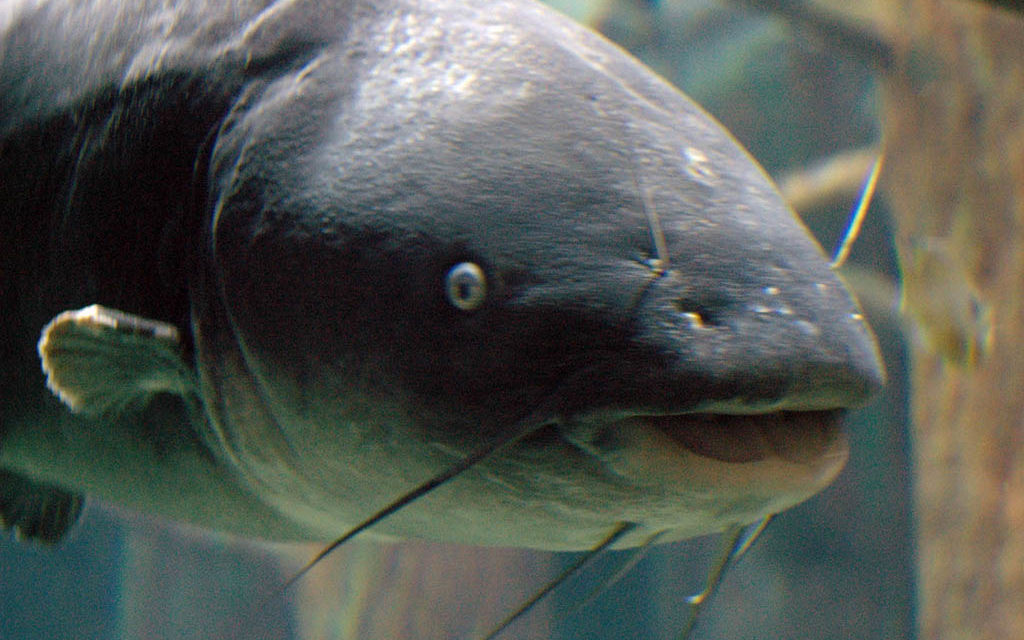by John Jefferson
On June 21, I received a release from a news service that bore the headline: “Vicious Catfish Attack Sends Florida Boy To Hospital”. An accompanying stock agency photo showed a menacing-looking catfish.
I’ve recently written a couple of columns about massive fish. None of them were in “Vicious Attack” modes, however. I felt it necessary to investigate this latest news item.
My first call was to the news service. I had hoped to get more information about the “Attack.” Their release had the author’s byline and an image of a catfish I had never seen before with many small spots on its face and around its mouth. My call was well over 50-hours ago, so I presume they are not interested in answering my questions. That cast doubt on the release.
I decided to contact Texas Parks and Wildlife Department (TPWD) and Florida’s corresponding agency.
Craig Bonds is the TPWD inland fisheries director. His comment was, “In my experience working with plenty of catfish, their pectoral and dorsal spines have serrated edges, sharp (points), and can be painful when they puncture human skin. Spine punctures and abrasions happen from time to time with anyone handling lots of catfish, and humans handling catfish should exercise reasonable caution for that reason, but I’ve never observed or experienced what I’d describe as an intentional “vicious attack” by a catfish. All spine punctures that I’ve seen have resulted from incidental or careless handling practices.”
That was what I expected from the professional fisheries biologist and supported my own years of unscientific dealing with Texas’ three main species of freshwater catfish and a few bullheads. But I wondered if perhaps Florida had a more aggressive species.
I then contacted the Florida Fish & Wildlife Conservation Commission. A very helpful young lady named Gina Alvarez quickly read the news item on her computer while I held on. She said she had no knowledge of catfish attacking humans with their fins in Florida waters, but suggested I contact the Fire Rescue team that answered the 911 call when the young man began having difficulty breathing on the way to the hospital. She even looked up their phone number for me.
I left Pasco County Fire Rescue a message. Shaun Whited, their Chief of Operations, contacted the first responders that answered the boy’s mother’s call for help. They told the chief that the family was fishing and the ten-year-old caught a catfish. As he was handling it, the catfish flopped and drove the sharp fin an inch and a half into his chest. That hurts just writing about it! As serious as it could have been, the boy was in stable condition.
But it does slap down the headline’s suggestion that the fish viciously attacked the boy. It was just doing what fish do.
The release went viral and was in newspapers in N.Y., London, and others. Catfish should be handled with care, avoiding their fins. But they don’t otherwise threaten humans.
Sharks, however, are a different matter.
JJ
Correction: Last week’s column stated that the former Lady Bird Lake record smallmouth buffalo weighed 52.56-pounds. The former record weighed 62.56-pounds.





